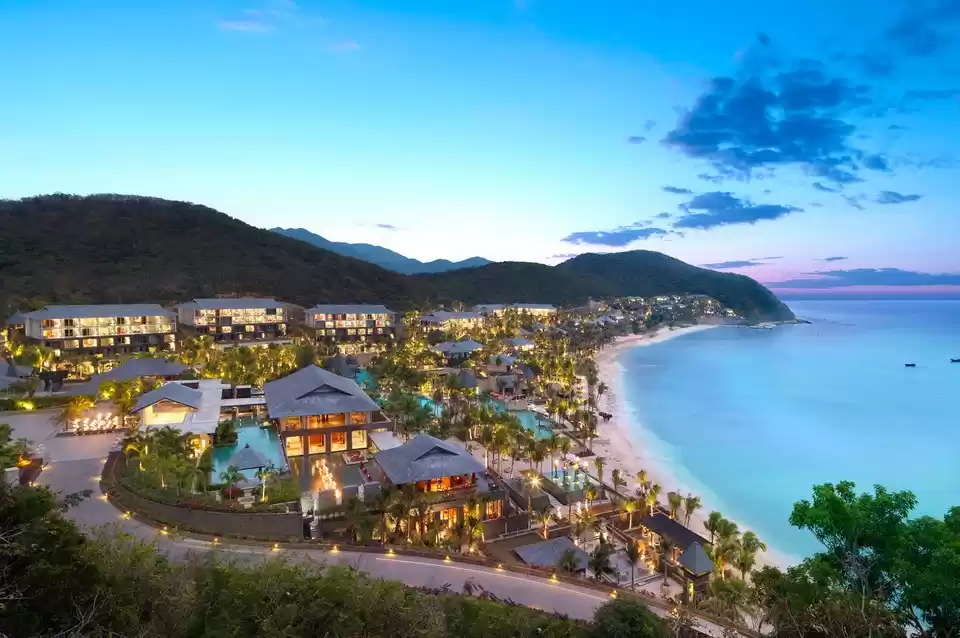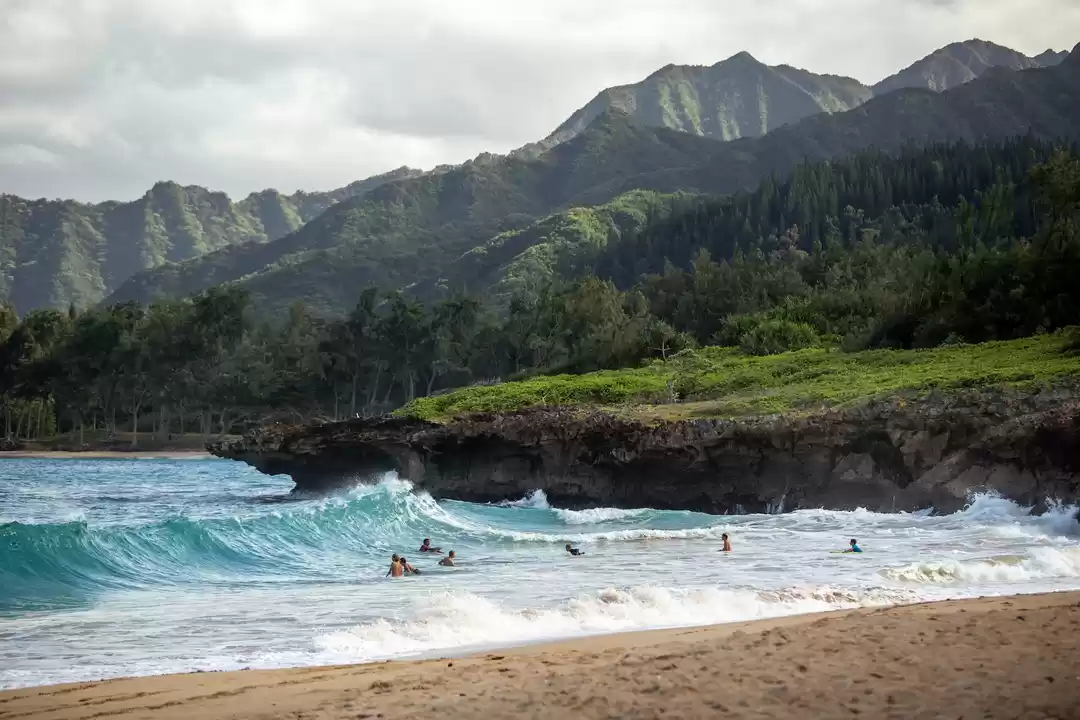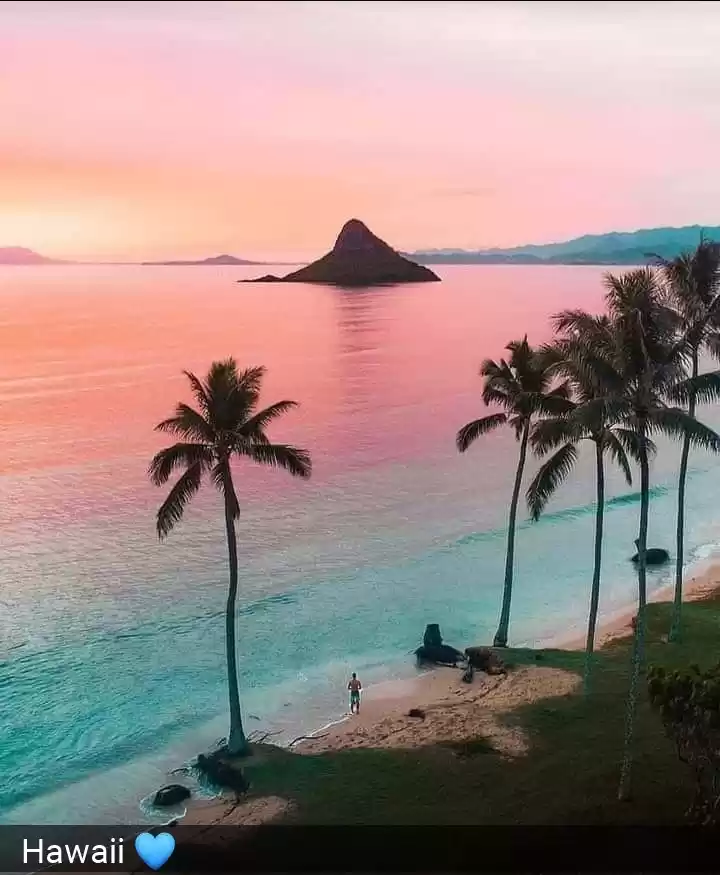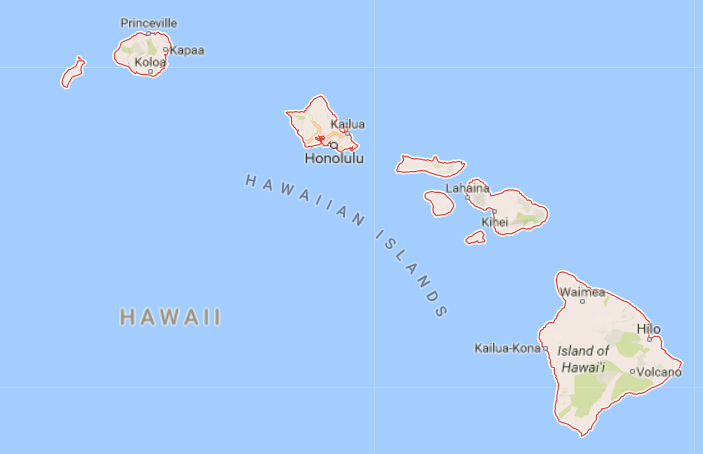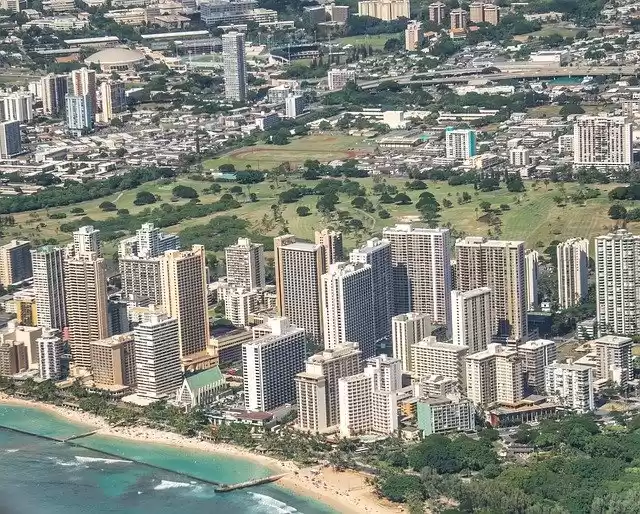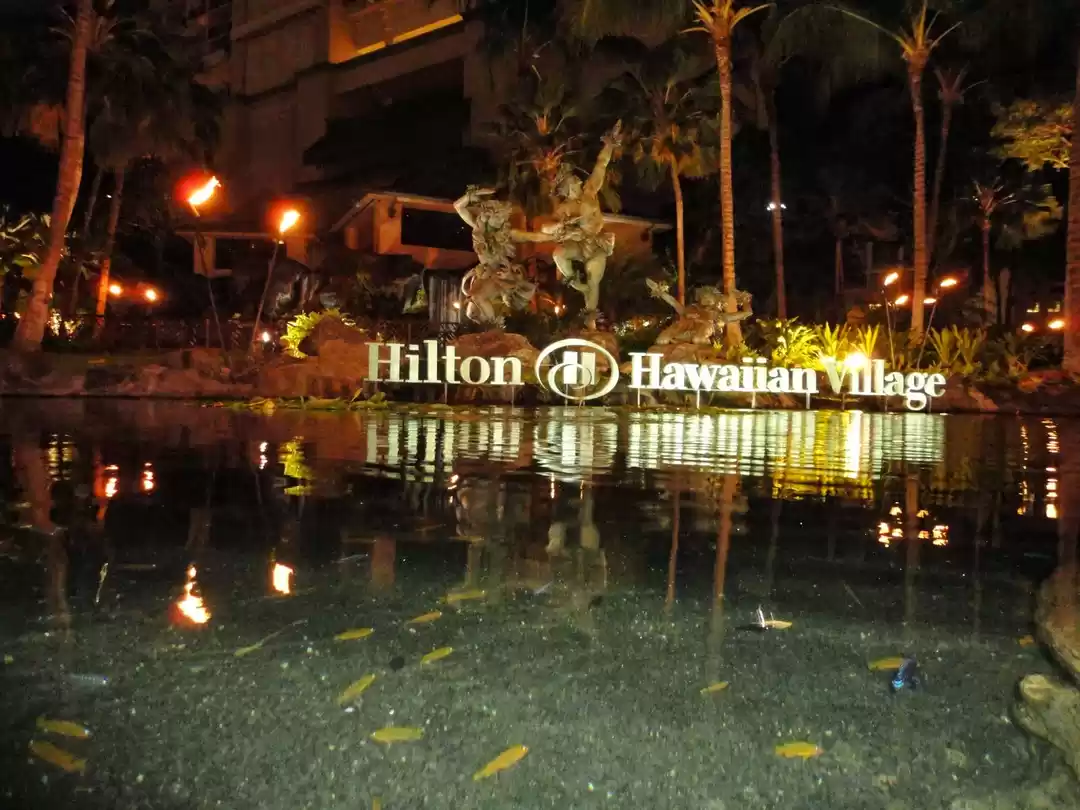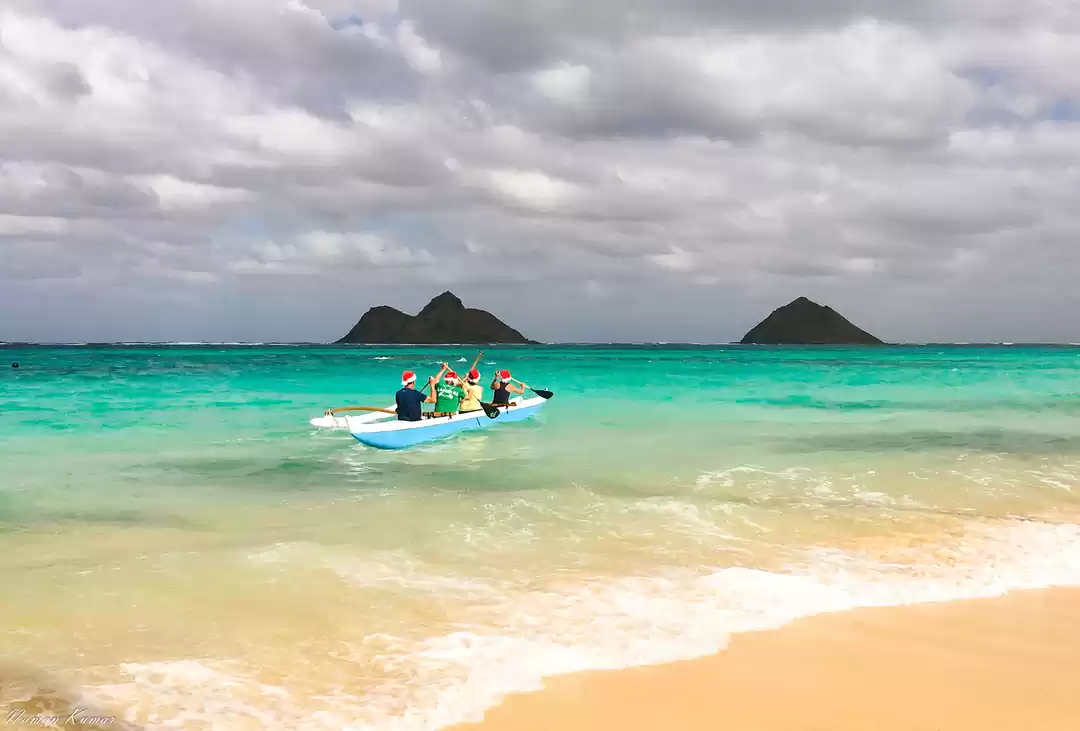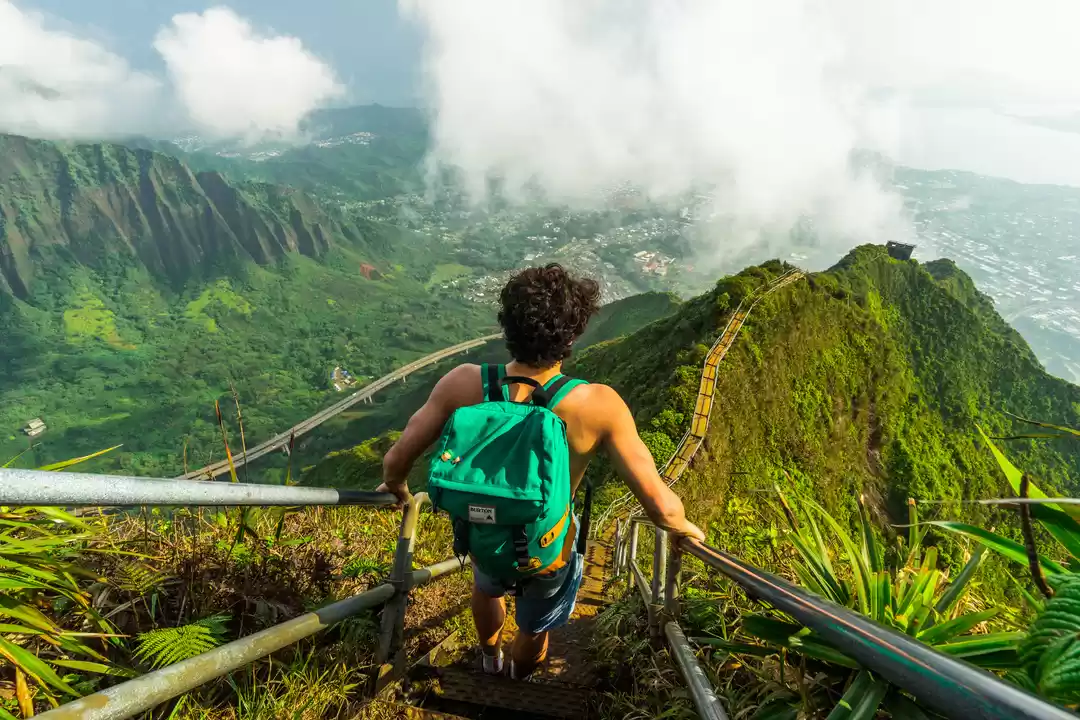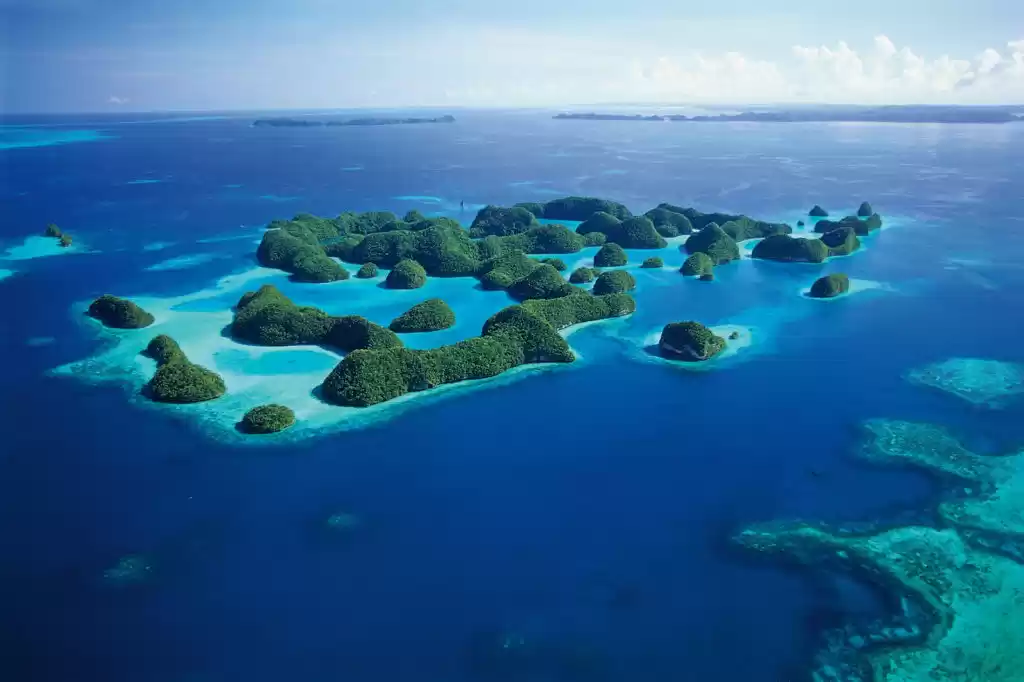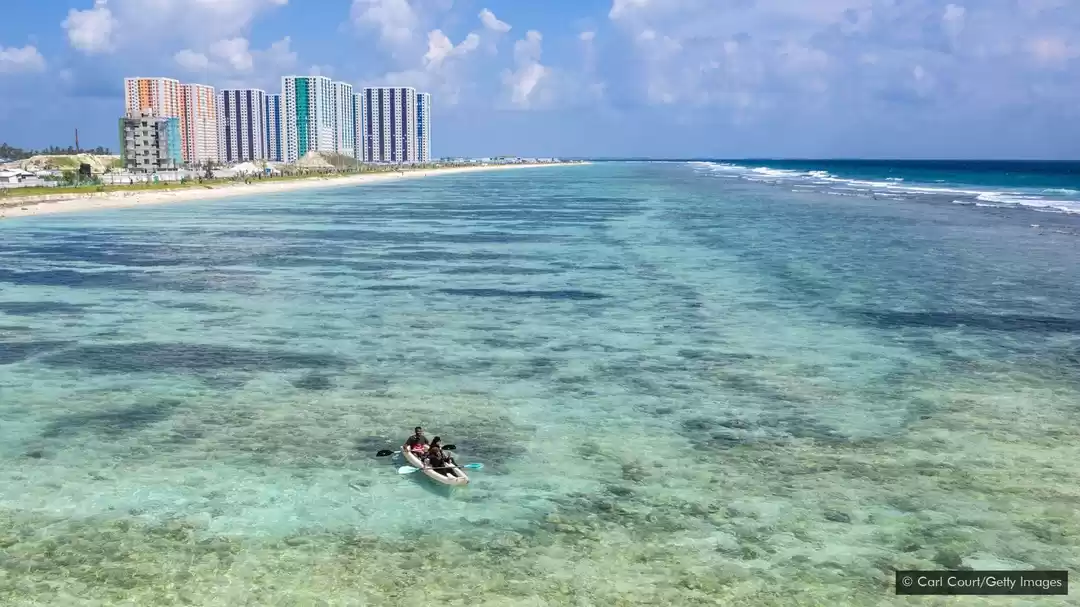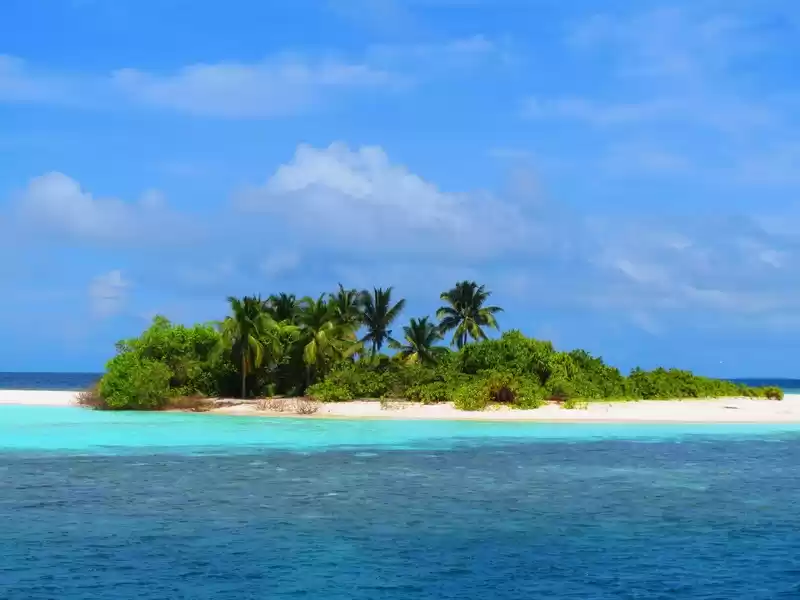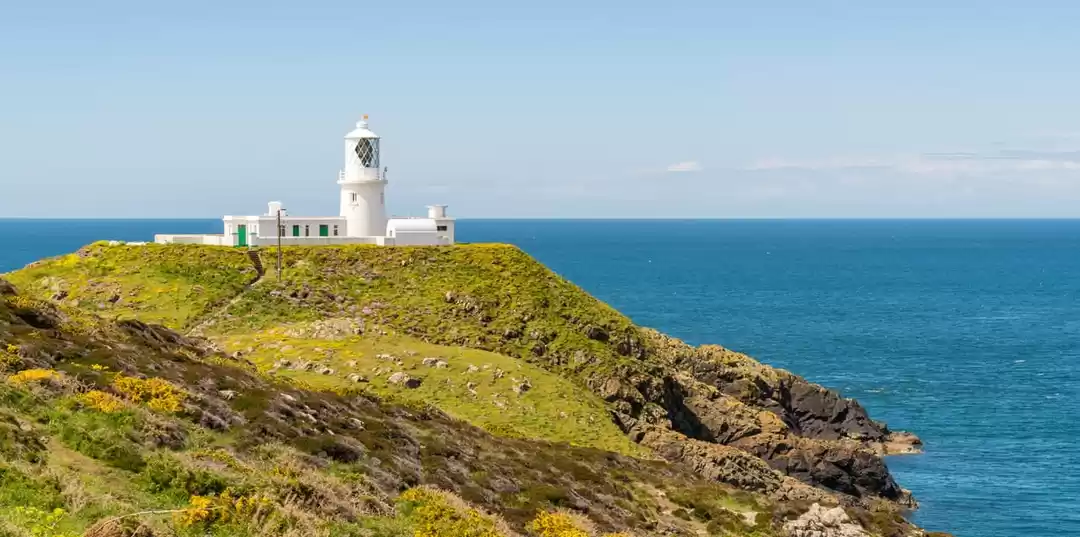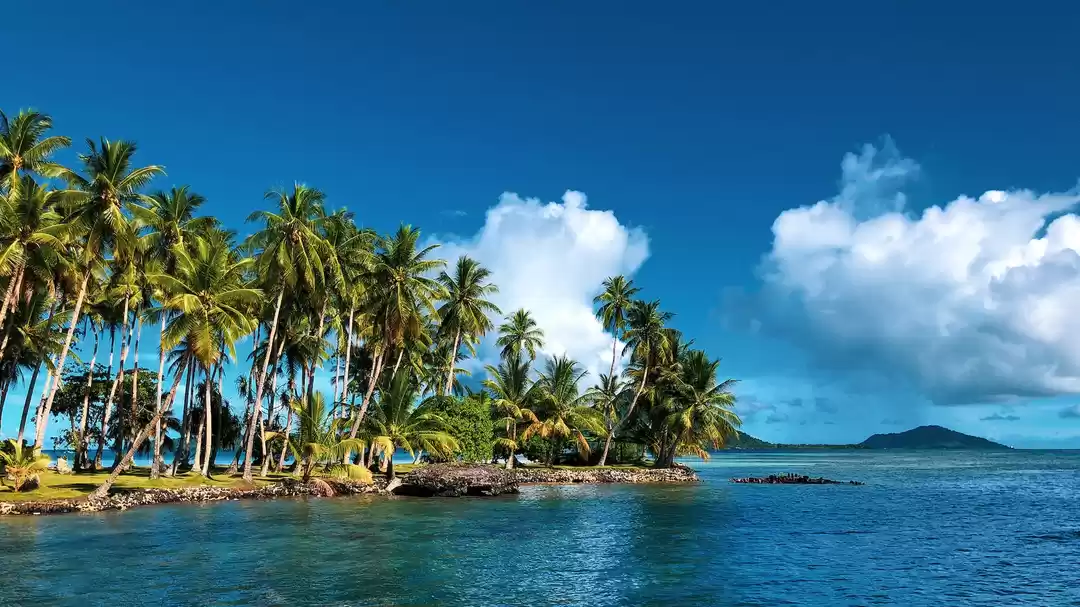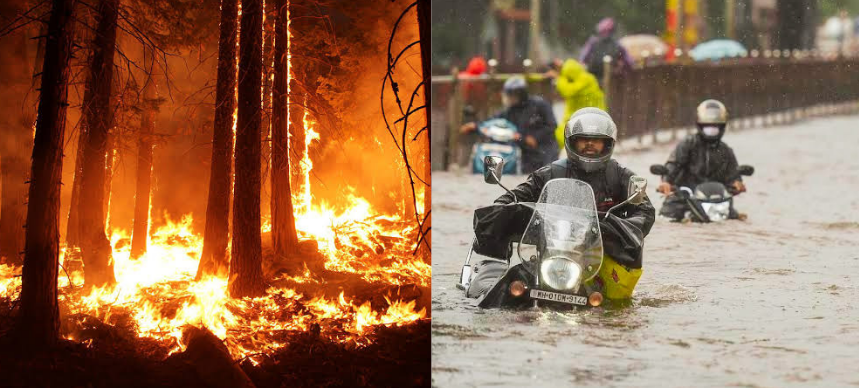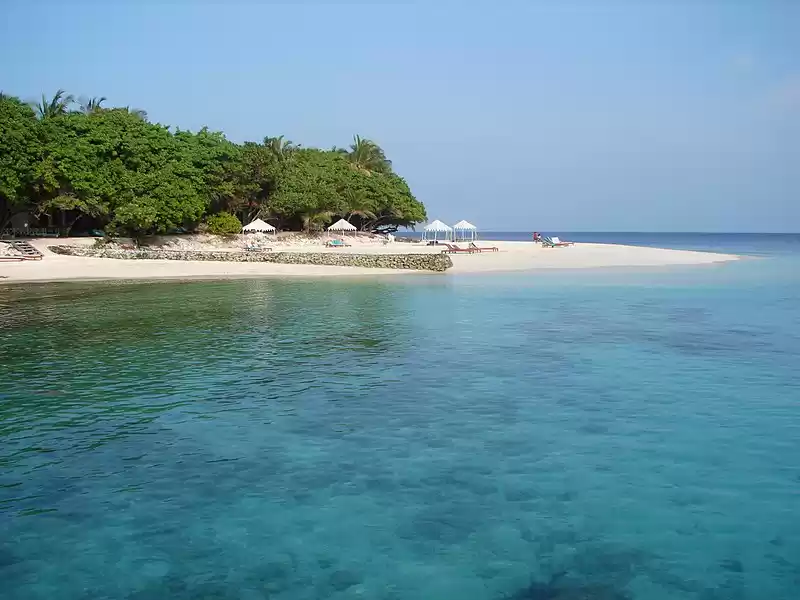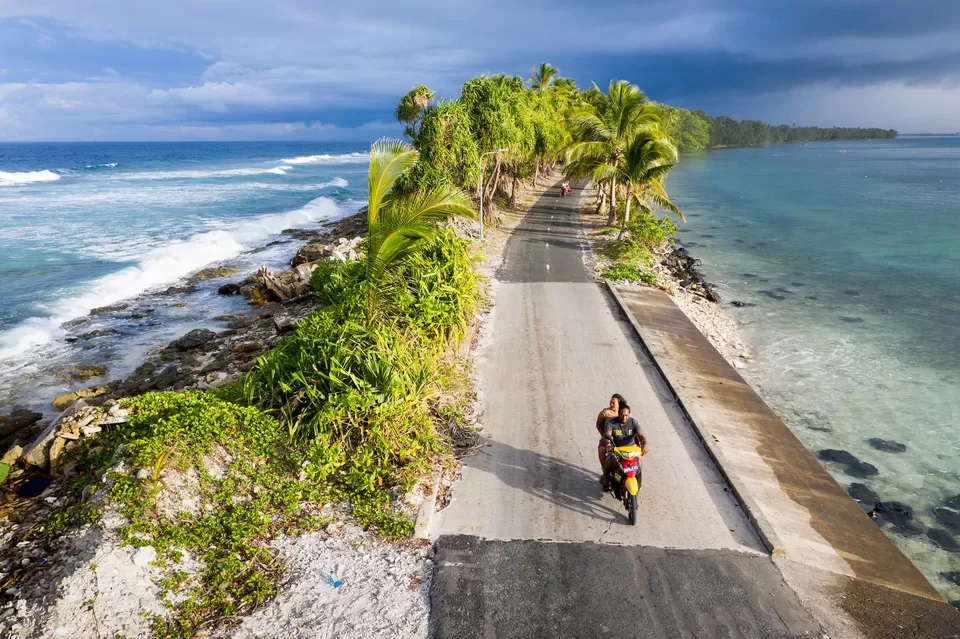
Let's put on our thinking caps and make a guess – which country could possibly hold the title of being the least visited in the world?
It's quite intriguing, isn't it?
In an era where adventurers are traversing even the most remote corners of the globe, it's a curious notion that there might exist a destination that remains remarkably untouched by travelers.
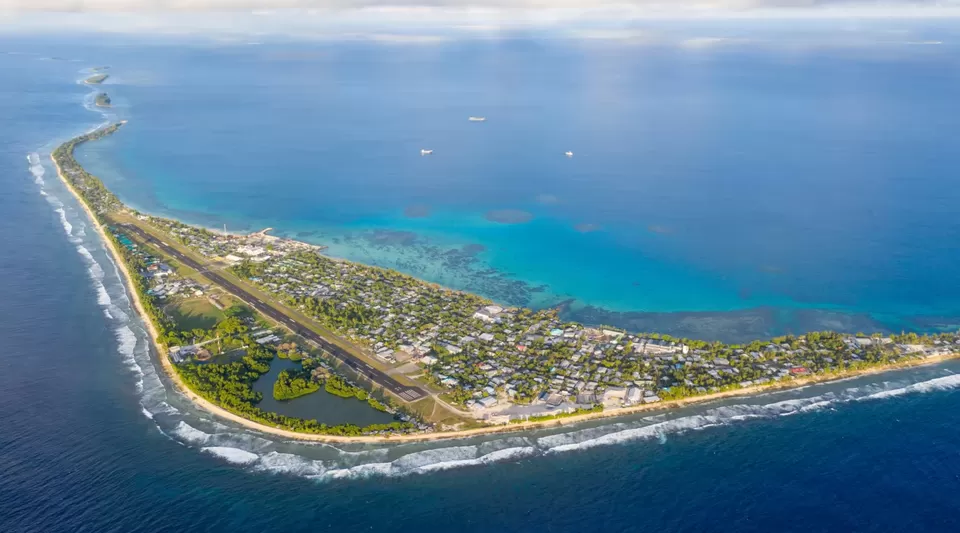
Previously referred to as the Ellice Islands, this collection comprises three reef islands and six genuine atolls, forming a volcanic archipelago recognized as Tuvalu.
Tuvalu welcomes slightly over two thousand visitors annually, served by a lone international airport established in 1943 by the United States Navy during World War II and presently managed exclusively by Fiji Airways.
Where exactly is Tuvalu?
This archipelagic nation is positioned midway between Hawaii and Australia, situated within the west-central expanse of the Pacific Ocean. Boasting a populace of merely 12,000 inhabitants, it ranks among the world's tiniest countries and maintains its independent currency.
Nestled upon a circular haven, surrounded by a lagoon with islets dotting its perimeter, this unspoiled isle, graced with abundant coconut palms upon a slender stretch of sand, provides a delightful average temperature ranging from 27 to 29 degrees Celsius.
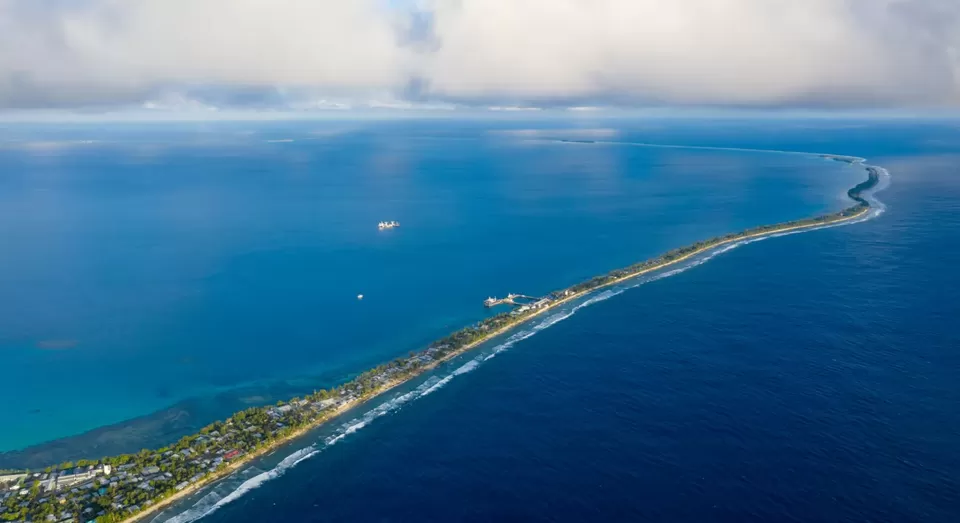
Nonetheless, this collection of islands is on the brink of being swallowed by the ocean's depths.
In addition to its challenging accessibility, Tuvalu has been included among the islands that are at a high risk of vanishing beneath the waves in the years to come. Can you speculate about the cause?
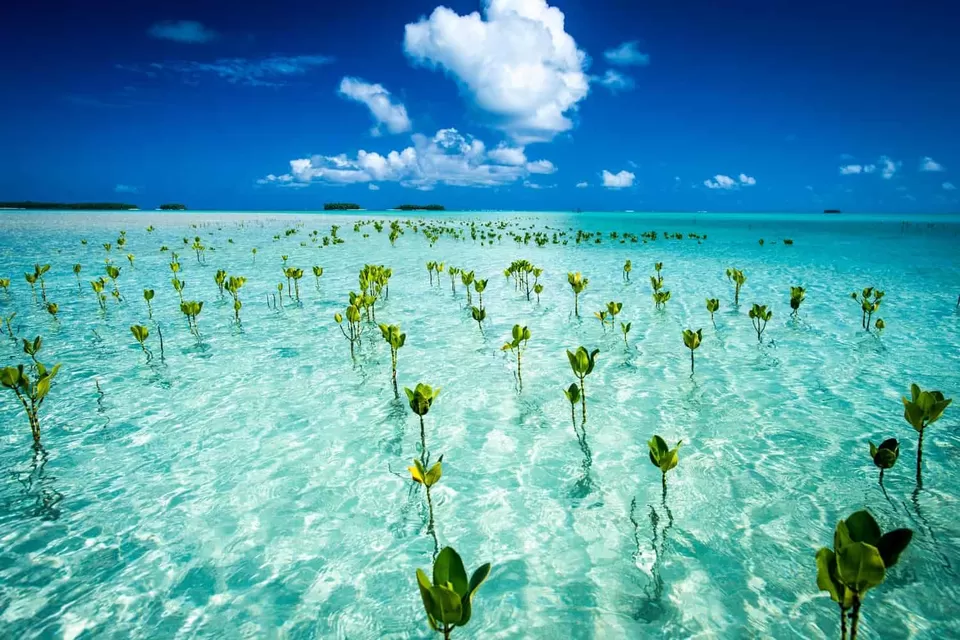
The underlying cause behind the island's disappearance:
The pervasive impact of climate change is extending its reach to affect both individuals and ecosystems.
As per reports, it appears that two out of Tuvalu's nine islands teeter perilously on the edge of being engulfed by the advancing sea levels and the relentless encroachment of coastal erosion.
Despite the entirety of the nation being composed of coral atolls, the mere habitable strips of land measure a mere 3 meters above the current sea level. At its most slender juncture, which occurs on Tuvalu's largest island, Fongafale, the landmass spans a mere 20 meters.
In light of the fact that tides have been gradually mounting at a rate of approximately 3.9 millimeters per annum, it's a stark reality that the islands of Tuvalu are destined to be engulfed by the unforgiving embrace of the ocean depths in the near future. Astonishing as it may seem, the entire land area claimed by Tuvalu accounts for less than 26 square kilometers.
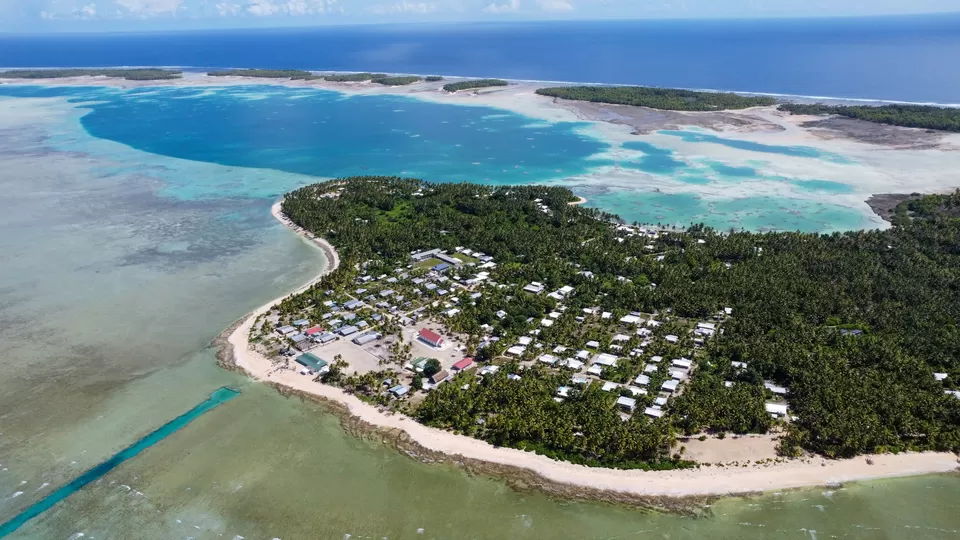
With each passing year, the escalating temperatures, relentless storm-battered waves, frequent surges during tempests, dwindling rainfall, and the intrusion of a rising ocean that taints underwater resources all contribute to a grim outlook.
The reliance solely on rainwater for local crops becomes a precarious endeavor, as the porous, saline-laden soil loses its suitability for nurturing essential indigenous staples. Furthermore, the export-driven escalation in food costs compounds the challenges.
The consumption of fish contaminated by ciguatera poisoning, with its subsequent impact on human well-being, forms yet another thread in this intricate web. As climate change gains momentum, a surge in climate-linked ailments such as influenza, fungal infections, conjunctivitis, and the ascent of dengue fever further exacerbate the situation.
In the face of this multifaceted assault brought on by climate change, the avenues for recovery appear increasingly limited.
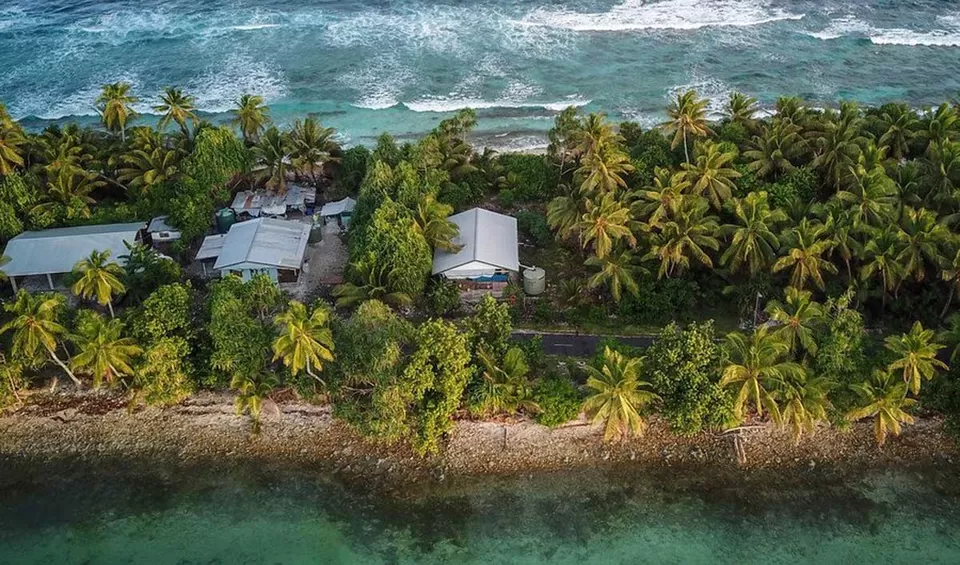
Lacking any alternative strategy, within the span of another 50 to 100 years, or possibly even sooner, this exquisite island characterized by pristine beaches and idyllic rows of coconut trees is poised to vanish. Even the inhabitants echo a somber refrain, succinctly capturing the plight: "Tuvalu is sinking."
What this chain of islands requires is a pivotal and extraordinary intervention, akin to a "Hail Mary" in its desperation, to wrest it from the relentless grasp of the encroaching ocean, a consequence of the ever-escalating forces of climate change. Let us fervently hope that such a transformative occurrence blesses their shores in the near future.
If you find my articles helpful, follow my site for more travel-related info - Wander Alone.
Think we missed out on something? Tell us about it in the comments below. Or write about it here on Tripoto and earn Tripoto Credits!


